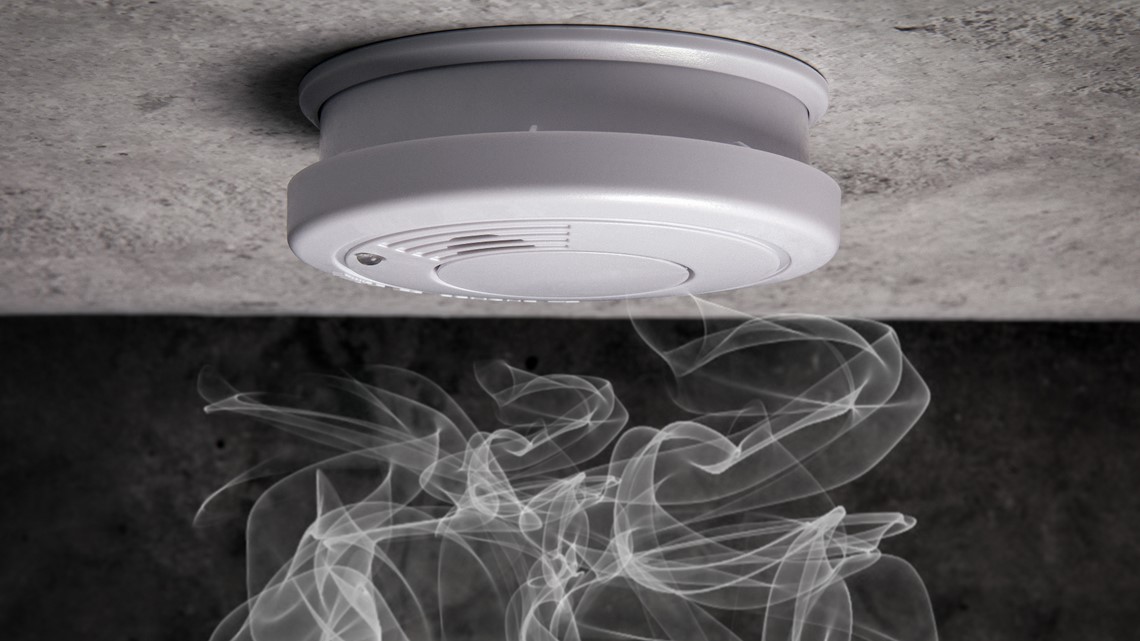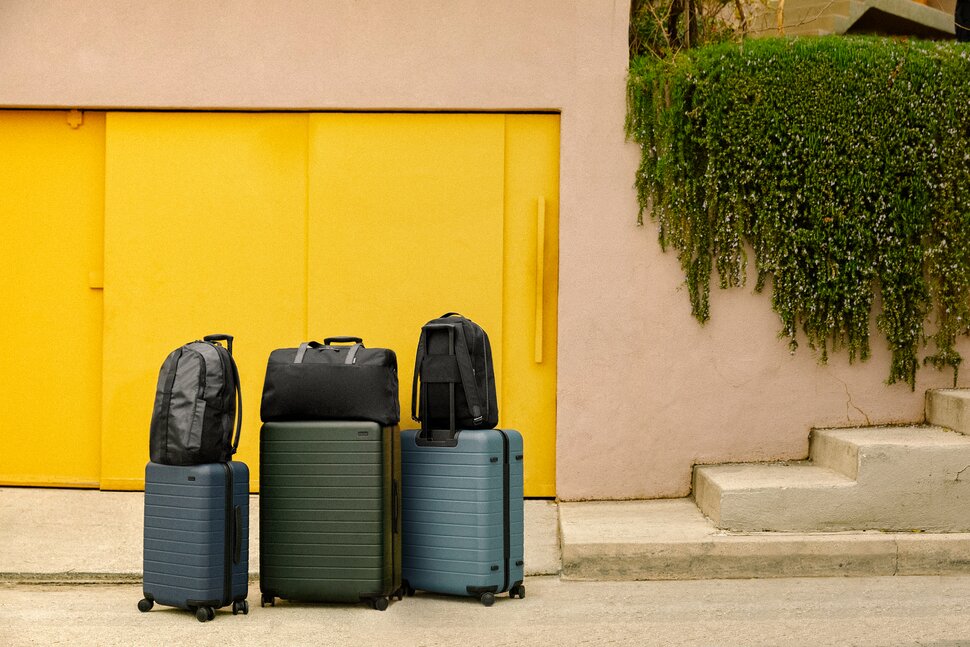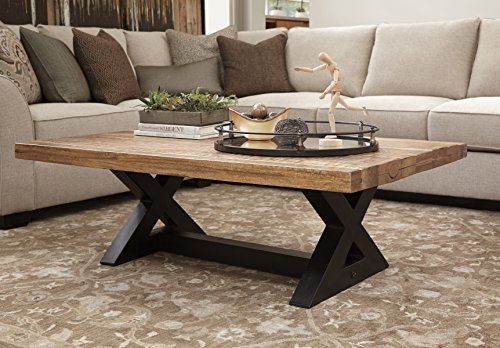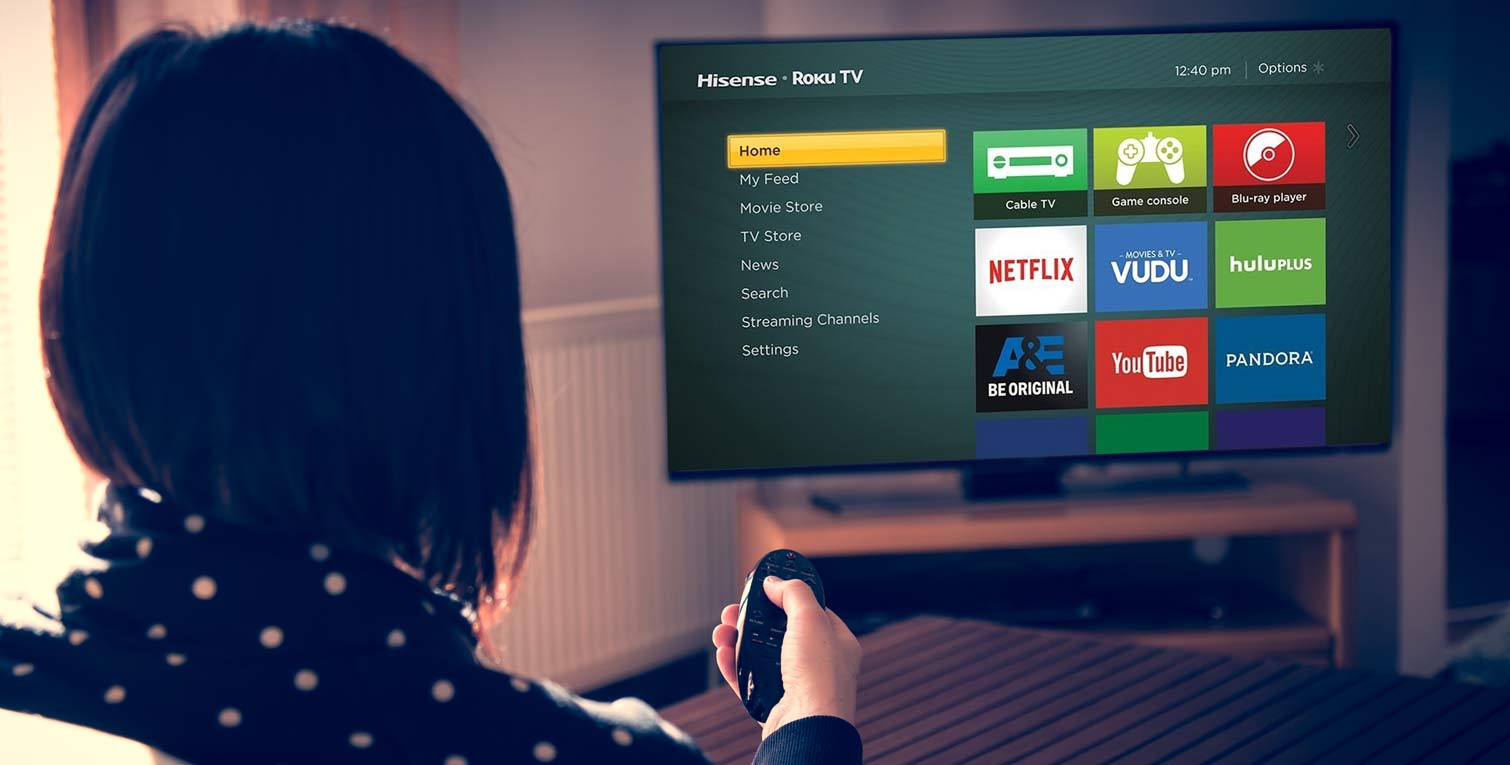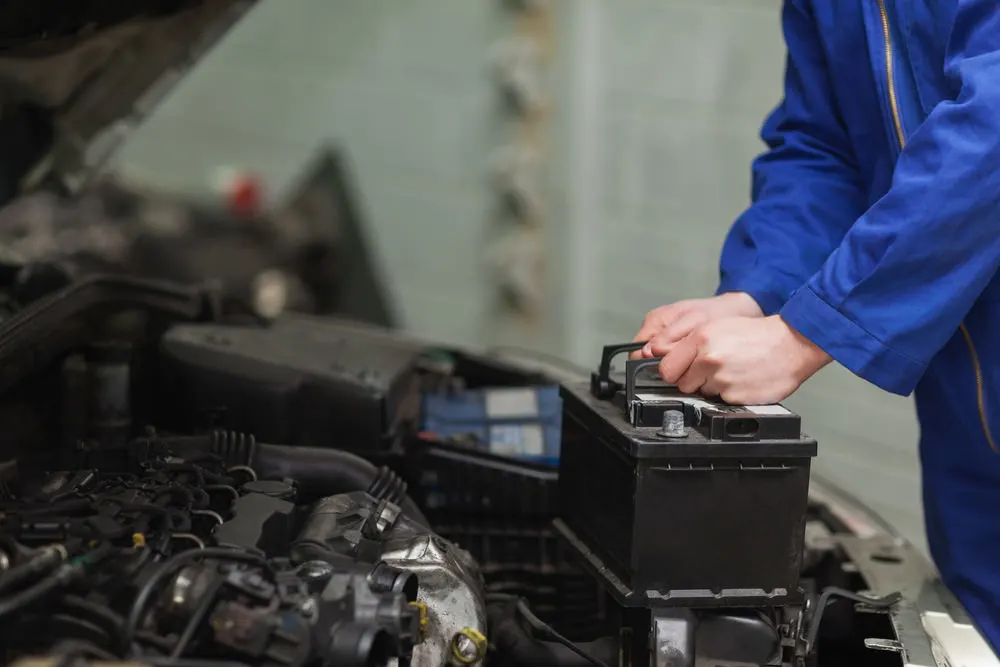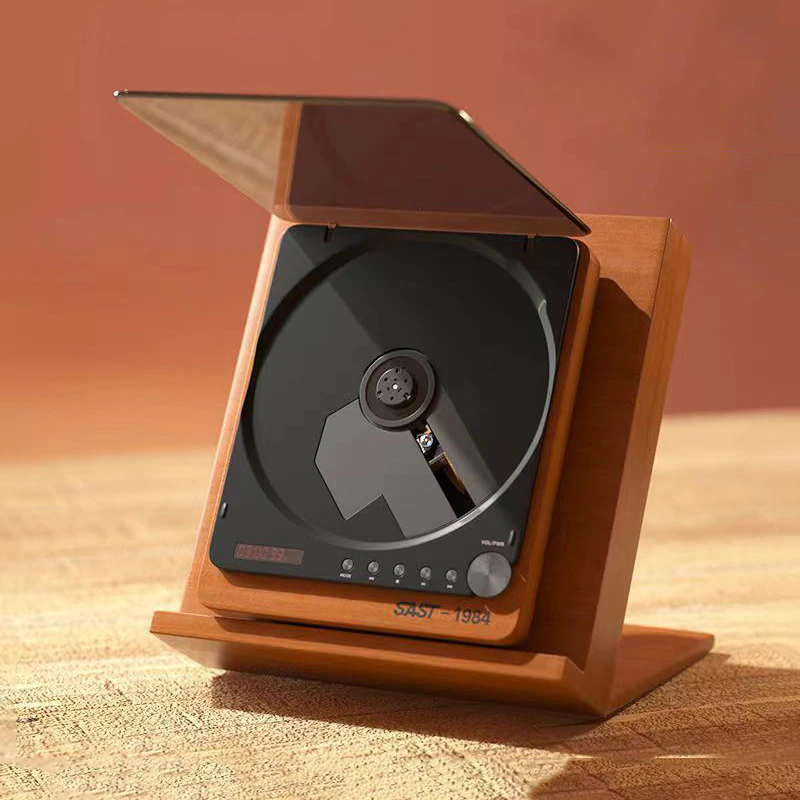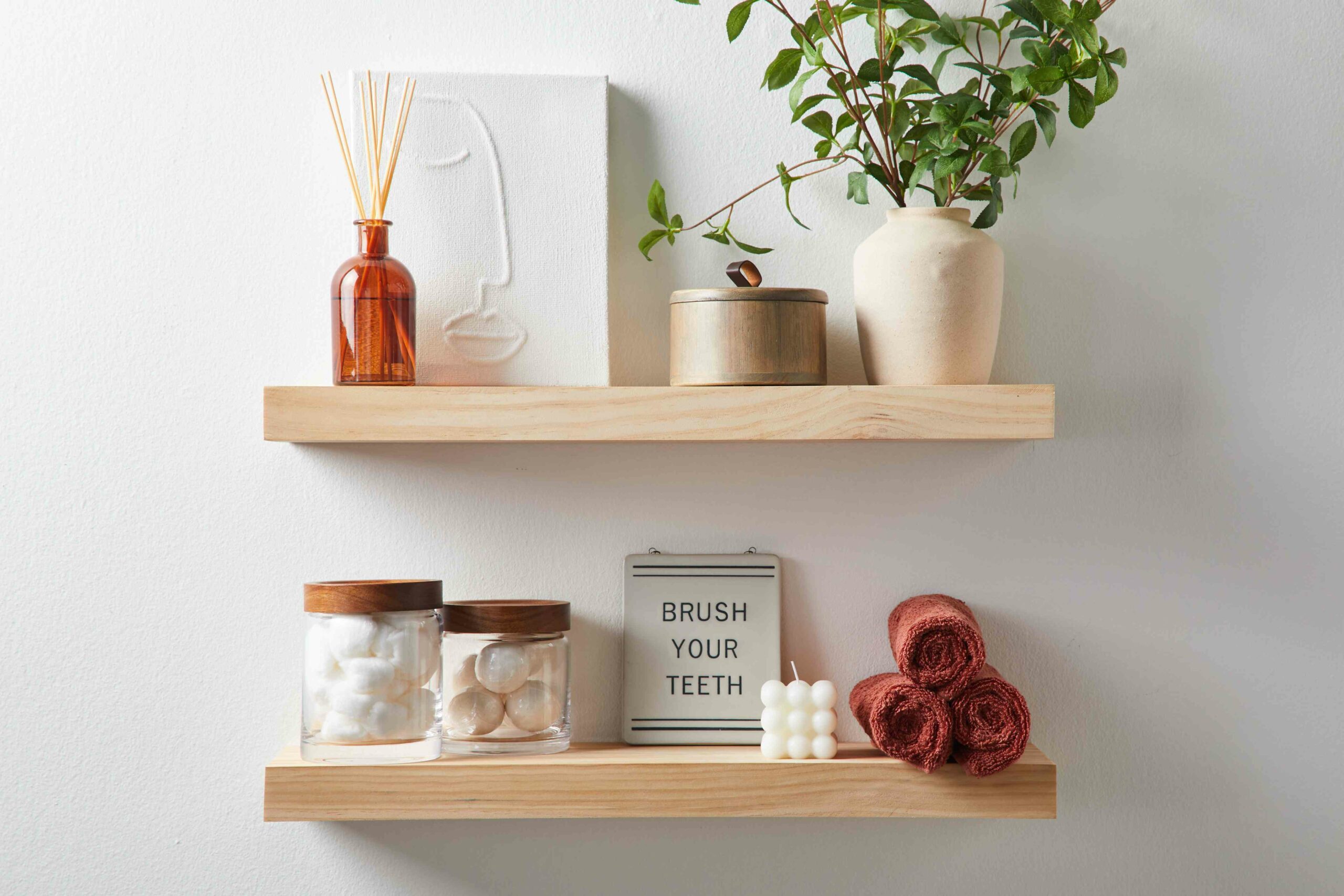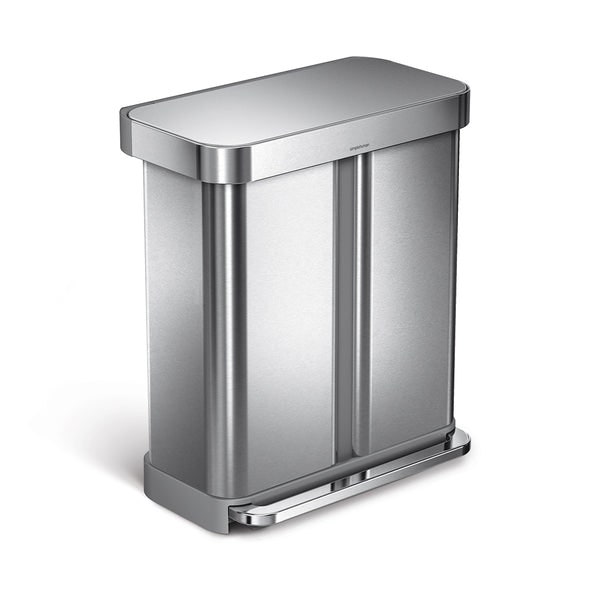Choosing the right baby shampoo can make all the difference when it comes to keeping your little one’s delicate hair clean and healthy. With so many options available on the market, it’s important to understand the different types of baby shampoos and their specific benefits. In this comprehensive guide, we will explore everything from key ingredients to avoid in baby shampoos to step-by-step instructions on how to properly wash your baby’s hair. We will also provide expert tips for managing common issues like cradle cap and discuss safety precautions and best practices when using baby shampoo. For parents with sensitive-skinned babies, we will delve into the world of hypoallergenic baby shampoos, highlighting their gentle and safe qualities. Lastly, for those looking for natural alternatives, we will also explore DIY recipes to make your own baby shampoo. Join us on this informative journey as we navigate the world of baby shampoo and discover the best options for your little one’s hair care needs.
[amazon bestseller=”Baby Shampoo” items=”10″]
The Importance of Choosing the Right Baby Shampoo
When it comes to your precious little one, every decision you make is crucial, including choosing the right baby shampoo. But why is it so important? Well, just like adults, babies have delicate skin and hair that require gentle care. Using the wrong shampoo can lead to dryness, irritation, or even allergic reactions. That’s why it’s essential to understand the importance of choosing the right baby shampoo.
Keeping the Baby’s Skin Healthy and Moisturized
Babies have sensitive skin that is more susceptible to dryness and irritation. An appropriate baby shampoo will help maintain the natural moisture balance of their delicate skin, keeping it soft and healthy. By choosing a shampoo specifically formulated for babies, you can ensure their skin receives the tender care it needs.
Gentle Cleansing without Harsh Chemicals
Adult shampoos often contain harsh chemicals and fragrances that can be too harsh for a baby’s sensitive scalp. Baby shampoos, on the other hand, are typically milder and free from potentially harmful ingredients. They provide gentle cleansing without stripping away the natural oils that protect the baby’s scalp and hair.
Preventing Eye Irritation
One of the biggest fears for parents when washing their baby’s hair is getting shampoo into their eyes. Ordinary shampoos can cause stinging and discomfort if they come into contact with the eyes. However, baby shampoos are specifically formulated to be tear-free, reducing the risk of eye irritation and making bath time a more pleasant experience for both baby and parent.
Understanding the Different Types of Baby Shampoos: A Comprehensive Guide
When you stroll down the baby care aisle, it’s easy to get overwhelmed by the sheer number of baby shampoos available. But do they all serve the same purpose? Not quite! Understanding the different types of baby shampoos will help you make an informed decision and choose the one that is best suited for your little one’s needs.
Everyday Baby Shampoos
These are the most commonly used baby shampoos that are suitable for everyday use. They are gentle, mild, and perfect for regular hair washing. If your baby has normal hair and scalp with no specific concerns, an everyday baby shampoo is a safe and reliable choice.
Medicated Baby Shampoos
If your baby has a specific scalp condition, such as dryness, cradle cap, or dandruff, a medicated baby shampoo can be a lifesaver. These shampoos contain ingredients that target the underlying causes of these conditions and provide relief. However, it’s always recommended to consult with a pediatrician before using any medicated shampoo on your baby.
Organic and Natural Baby Shampoos
For parents who prefer to go the extra mile in providing the most natural and organic care for their little one’s hair, organic and natural baby shampoos are a popular choice. These shampoos are typically made from plant-based ingredients and are free from chemical additives. They offer a more eco-friendly and gentle option for your baby’s hair care routine.
Key Ingredients to Avoid in Baby Shampoos: What Every Parent Should Know
When it comes to choosing a baby shampoo, it’s not just about what to look for; it’s equally important to know what to avoid. Some ingredients commonly found in adult shampoos can be harmful to a baby’s delicate skin and overall health. As a responsible parent, being aware of these key ingredients can help you make safer choices.
Sulfates
Sulfates, such as sodium lauryl sulfate (SLS) and sodium laureth sulfate (SLES), are commonly used in shampoos to create foaming lather. However, these chemicals can be too harsh for a baby’s sensitive skin and scalp, leading to dryness, irritation, and even skin allergies. Opting for sulfate-free baby shampoos can be a wise choice to protect your baby’s delicate skin.
Parabens
Parabens are preservatives used in many personal care products, including shampoos. They help prolong the shelf life of products but have been linked to potential hormone-disrupting effects. While more research is needed to conclusively prove the risks, many parents prefer to avoid parabens in their baby’s shampoo as a precautionary measure.
Fragrances
Fragrances are often added to shampoos to give them a pleasant scent. However, these synthetic fragrances can be irritants and allergens, especially for babies with sensitive skin. Opting for fragrance-free or naturally scented baby shampoos can reduce the risk of skin irritation or allergic reactions.
How to Properly Wash Your Baby’s Hair: Step-by-Step Instructions
Now that you understand the importance of choosing the right baby shampoo and know what ingredients to avoid, let’s dive into how to properly wash your baby’s hair. Bath time can be a fun bonding experience with your little one, and following the right steps will help ensure their hair is clean and healthy.
Prepare Everything You Need
Before starting the hair-washing process, gather all the essentials. This includes a soft towel, baby shampoo, a cup or water pitcher, and a gentle baby brush or comb to detangle their hair after washing.
Support Your Baby
Hold your baby securely and comfortably, either in your arms or laying them down on a supportive surface like a baby bath seat. Make sure their head is properly positioned and supported.
Wet the Hair
Using lukewarm water, wet your baby’s hair gently. It’s important to avoid getting water into their eyes, so take extra care while pouring or spraying water on their head.
Apply Baby Shampoo
Take a small amount of baby shampoo in your hand and gently lather it between your palms. Gently apply the lather to your baby’s hair, massaging their scalp with your fingertips. Remember to use gentle motions to avoid causing any discomfort or hair breakage.
Rinse Thoroughly
Using a cup or water pitcher, rinse your baby’s hair thoroughly, ensuring all the shampoo is washed out. Make sure to remove any shampoo residue from their scalp to prevent any irritation.
Dry and Style
Wrap a soft towel around your baby’s head and gently pat their hair dry. Avoid rubbing vigorously as it can cause hair damage. Afterward, use a soft brush or comb to style their hair gently, detangling any knots or tangles.
Washing your baby’s hair can become an enjoyable routine with practice. Remember to take your time, use gentle motions, and make it an experience filled with love and care.
– The Importance of Choosing the Right Baby Shampoo
Choosing the right baby shampoo is crucial for your little one’s delicate scalp and hair. Just like adults, babies need proper hair care to maintain a healthy and clean head of hair. But why is it so important to select the right baby shampoo? Let’s find out!
First and foremost, a baby’s skin is much more sensitive than an adult’s. It is thinner, more delicate, and can easily become irritated. Using harsh shampoos that contain harmful chemicals can disrupt the pH balance of their scalp, leading to dryness, redness, or itchiness. Therefore, it’s essential to opt for gentle and hypoallergenic baby shampoos specifically formulated for their delicate skin.
Moreover, a soothing bath routine with the right baby shampoo can be a delightful bonding experience for both you and your baby. The pleasant aroma of baby shampoo, combined with gentle massage, can create a calming and nurturing environment, promoting relaxation and enhancing your baby’s overall well-being.
– Understanding the Different Types of Baby Shampoos: A Comprehensive Guide
Confused by the numerous options available in the baby shampoo aisle? Don’t worry; we’re here to help you navigate through them! Understanding the different types of baby shampoos will enable you to make an informed decision and pick the one that best suits your baby’s needs.
1. Tear-Free Baby Shampoos: These shampoos are formulated to be extra gentle on your baby’s eyes. They typically have a “no more tears” formula, ensuring that the shampoo does not cause any stinging or discomfort if it accidentally gets into their eyes.
2. Hypoallergenic Baby Shampoos: These shampoos are crafted specifically for babies with sensitive skin or allergies. They are free from common irritants and additives that might trigger an allergic reaction, making them suitable for little ones prone to skin sensitivity.
3. Organic and Natural Baby Shampoos: For parents who prefer products made from natural ingredients, organic baby shampoos can be a great choice. These shampoos contain plant-based ingredients and avoid harsh chemicals and synthetic fragrances, providing a more eco-friendly option for your baby’s hair care routine.
4. Dry Scalp or Cradle Cap Baby Shampoos: If your baby has a dry and flaky scalp, these specialized shampoos can provide relief. They often contain ingredients like aloe vera or almond oil that help nourish and moisturize the scalp, promoting a healthier scalp and hair.
Remember, every baby is unique, and their hair care needs may differ. It’s essential to consider factors like your baby’s skin type, any known allergies, and specific concerns to find the perfect shampoo that suits them best.
– Key Ingredients to Avoid in Baby Shampoos: What Every Parent Should Know
When it comes to selecting a baby shampoo, it’s equally crucial to know which ingredients to avoid. Some commonly found ingredients in adult shampoos can be harmful to your baby’s delicate skin and scalp. Let’s take a closer look at these ingredients and understand why they should be avoided.
1. Fragrances: Although they may smell pleasant, synthetic fragrances can cause skin irritation and allergic reactions in babies. Look for baby shampoos that are fragrance-free or use natural essential oils for a gentle and safe aroma.
2. Parabens: These preservatives are often included in cosmetic products to prolong their shelf life. However, parabens have been linked to hormone disruption and potential health risks. Opt for paraben-free baby shampoos to minimize any potential harm.
3. Sulfates: Sulfates, such as Sodium Lauryl Sulfate (SLS) and Sodium Laureth Sulfate (SLES), are commonly used in shampoos for their cleansing and foaming properties. However, they can strip the natural oils from your baby’s scalp, causing dryness and irritation. Choose sulfate-free baby shampoos for a gentler cleansing experience.
4. Phthalates: These chemicals are often used to stabilize fragrances in cosmetic products. Phthalates have been linked to developmental issues in children and should be avoided. Look for baby shampoos labeled as phthalate-free for a safer option.
By being aware of these ingredients, you can make informed choices and prioritize your baby’s safety and well-being.
– How to Properly Wash Your Baby’s Hair: Step-by-Step Instructions
Washing your baby’s hair may seem tricky at first, but with the right approach, it can become a joyful and bonding experience. Follow these step-by-step instructions to ensure a gentle and effective hair wash for your little one.
1. Prepare the bath: Fill a baby bathtub or basin with warm water at a comfortable temperature. Make sure the water level is shallow enough for your baby to sit or lie in safely.
2. Wet the hair: Gently wet your baby’s hair with your hand or a small cup, ensuring the water covers their entire scalp.
3. Apply baby shampoo: Take a small amount of baby shampoo and lather it in your hands. Gently massage the shampoo onto your baby’s scalp using your fingertips, ensuring you cover the entire head.
4. Rinse thoroughly: Use a cup or your hand to pour clean water over your baby’s head, gently rinsing away the shampoo. Make sure no traces of shampoo are left on their scalp.
5. Dry the hair: Pat your baby’s hair gently with a soft towel to remove excess water. Avoid rubbing vigorously, as this can cause friction and potentially damage their delicate hair.
Remember, always keep a watchful eye on your baby during their bath and ensure their safety and comfort throughout the process. Celebrate this special and intimate moment with your little one, helping them build positive associations with hair washing from an early age.
Conclusion
Choosing the right baby shampoo is a decision that every parent should make with careful consideration. As we have explored throughout this article, the different types of baby shampoos, the key ingredients to avoid, and the step-by-step instructions for washing your baby’s hair, it is clear that the right shampoo can greatly impact your baby’s well-being. Whether you are dealing with cradle cap or have concerns about sensitive skin, there are hypoallergenic options available that prioritize your baby’s safety. Furthermore, for those who prefer natural alternatives, DIY recipes can offer a gentle and chemical-free option. Remember, when it comes to your baby’s health, every choice matters. So choose wisely, starting with the right baby shampoo.
Frequently Asked Questions
1. Is baby shampoo safe to use for infants?
Yes, baby shampoo is specifically formulated to be mild and gentle, making it safe for use on infants. It is designed to be tear-free, hypoallergenic, and free of harsh chemicals that may irritate their delicate skin and eyes.
2. Can I use baby shampoo on my own hair?
Certainly! Baby shampoo can be used by adults as well. It is a great option for people with sensitive scalps or those who prefer a milder shampoo. However, bear in mind that baby shampoos are often less effective in removing grease and oil, so you may need to use a larger amount or wash your hair more often.
3. Are all baby shampoos the same?
No, not all baby shampoos are the same. Different brands offer varying formulations, scents, and additional features. Some may have natural ingredients like chamomile or aloe vera, while others may focus on being fragrance-free or targeted towards specific needs like cradle cap or curly hair. It’s essential to read the labels and choose one that suits your baby’s needs and preferences.
4. Can I use baby shampoo to wash my baby’s body as well?
Yes, baby shampoo can generally be used to wash your baby’s body as well. However, keep in mind that baby shampoos are specifically designed for the hair and scalp, so they may not lather or cleanse the body as effectively as a regular baby body wash. If you prefer a separate product for your baby’s body, look for a gentle baby wash specifically formulated for that purpose.
5. When should I start using baby shampoo on my newborn?
It is generally recommended to wait until your baby is around one month old before using baby shampoo. During the early weeks, it is best to simply clean your newborn’s hair and scalp with mild water. Once they are a bit older, you can introduce a small amount of baby shampoo while taking care to avoid getting it into their eyes. Always consult your pediatrician for specific advice based on your baby’s individual needs.



